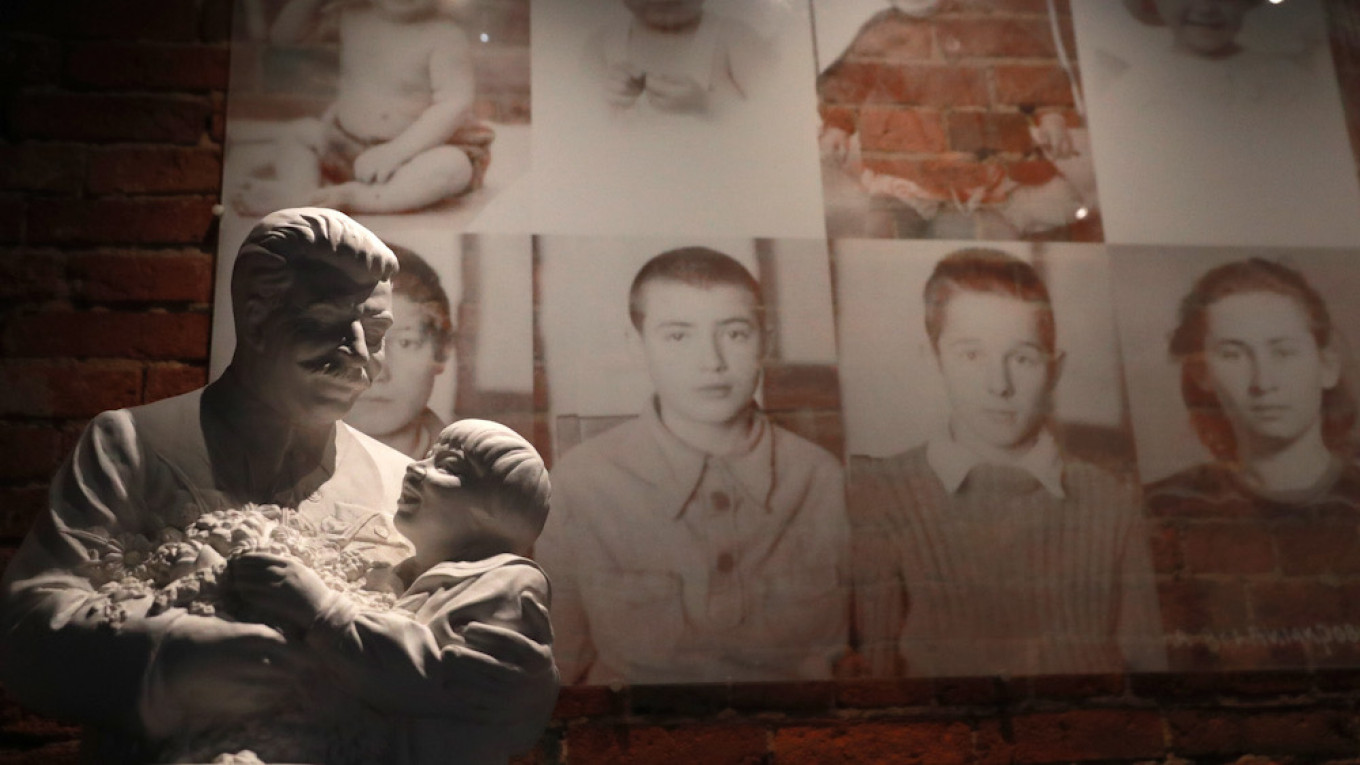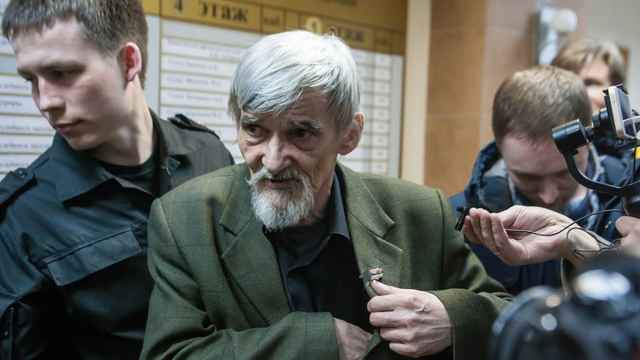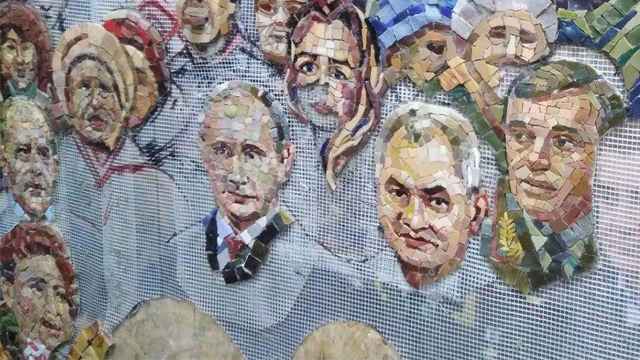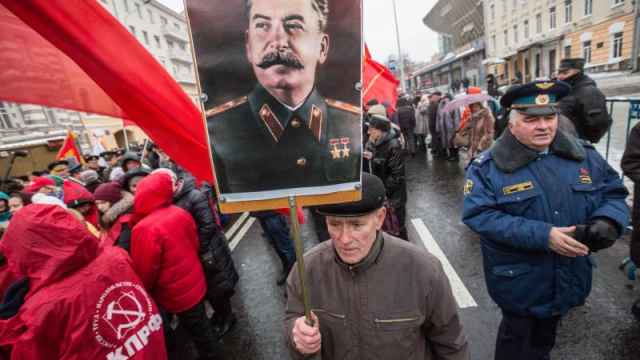Public figures and ordinary Russians have appealed to President Vladimir Putin to expedite housing promised to 1,500 elderly people whose parents were deported to the gulags under Stalin’s repressions.
“They still can’t come back,” 107 prominent artists, academics and executives said in an open letter published in the Kommersant newspaper.
Nearly 83,000 people signed a Change.org petition in support of the pensioners, demanding priority housing and an end to queues that could last up to 30 years.
“By the time their turn comes, they will be more than 100 years old,” the petition reads, referring to the so-called “Children of the Gulag.”
“In 10-15 years there will be no one to return.”
The Children of the Gulag continue to live outside the cities they were, or should have been born in, despite having been eligible for state housing in them since the Soviet Union collapsed in 1991. Russia’s Constitutional Court ruled in 2019 to grant them the promised state housing without delay.
The signatories of the open letter and the petition criticized the Russian government’s draft legislation designed to carry out the Constitutional Court ruling for failing to remove red tape.
Lawmakers rejected an alternative bill subsidizing housing for the Children of the Gulag. But according to the opposition-leaning Dozhd broadcaster, they incorporated the rejected bill’s provisions into the government’s version in mid-December.
Stalin’s image has been over the years rehabilitated from that of a bloody dictator to an “outstanding leader” who defeated the Nazis in World War II. Polls show a record number of Russians approving of his role in history and young people unaware of his repressions.
Putin, who revived the Soviet-style anthem and military parades, has called attempts to demonize Stalin a ploy to attack Russia.
A Message from The Moscow Times:
Dear readers,
We are facing unprecedented challenges. Russia's Prosecutor General's Office has designated The Moscow Times as an "undesirable" organization, criminalizing our work and putting our staff at risk of prosecution. This follows our earlier unjust labeling as a "foreign agent."
These actions are direct attempts to silence independent journalism in Russia. The authorities claim our work "discredits the decisions of the Russian leadership." We see things differently: we strive to provide accurate, unbiased reporting on Russia.
We, the journalists of The Moscow Times, refuse to be silenced. But to continue our work, we need your help.
Your support, no matter how small, makes a world of difference. If you can, please support us monthly starting from just $2. It's quick to set up, and every contribution makes a significant impact.
By supporting The Moscow Times, you're defending open, independent journalism in the face of repression. Thank you for standing with us.
Remind me later.






